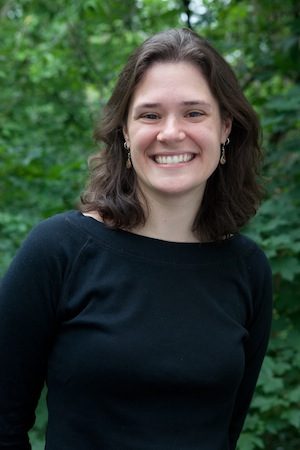An essay by alum Peggy Shinner (fiction, ’94) appears at Jet Fuel Review:
We didn’t have a bookshelf in our house. Behind the TV in the den there was my father’s bowling trophy and the one book he read, or at least bought, Jim Bouton’s Ball Four. We didn’t have a bookshelf until we hired Mr. Klück, a fat bossy Holocaust survivor-turned contractor to finish our basement, and then there were two built-in units with my mother’s dime store paperbacks (James Michener, Leon Uris, Jacqueline Susann), the white leather-bound World Book encyclopedia set with gold lettering on the spine, which I flipped through randomly, settling on biographies and pictures of tropical birds, and an improbable copy of Émile Zola’s Nana.
Continue reading online…




